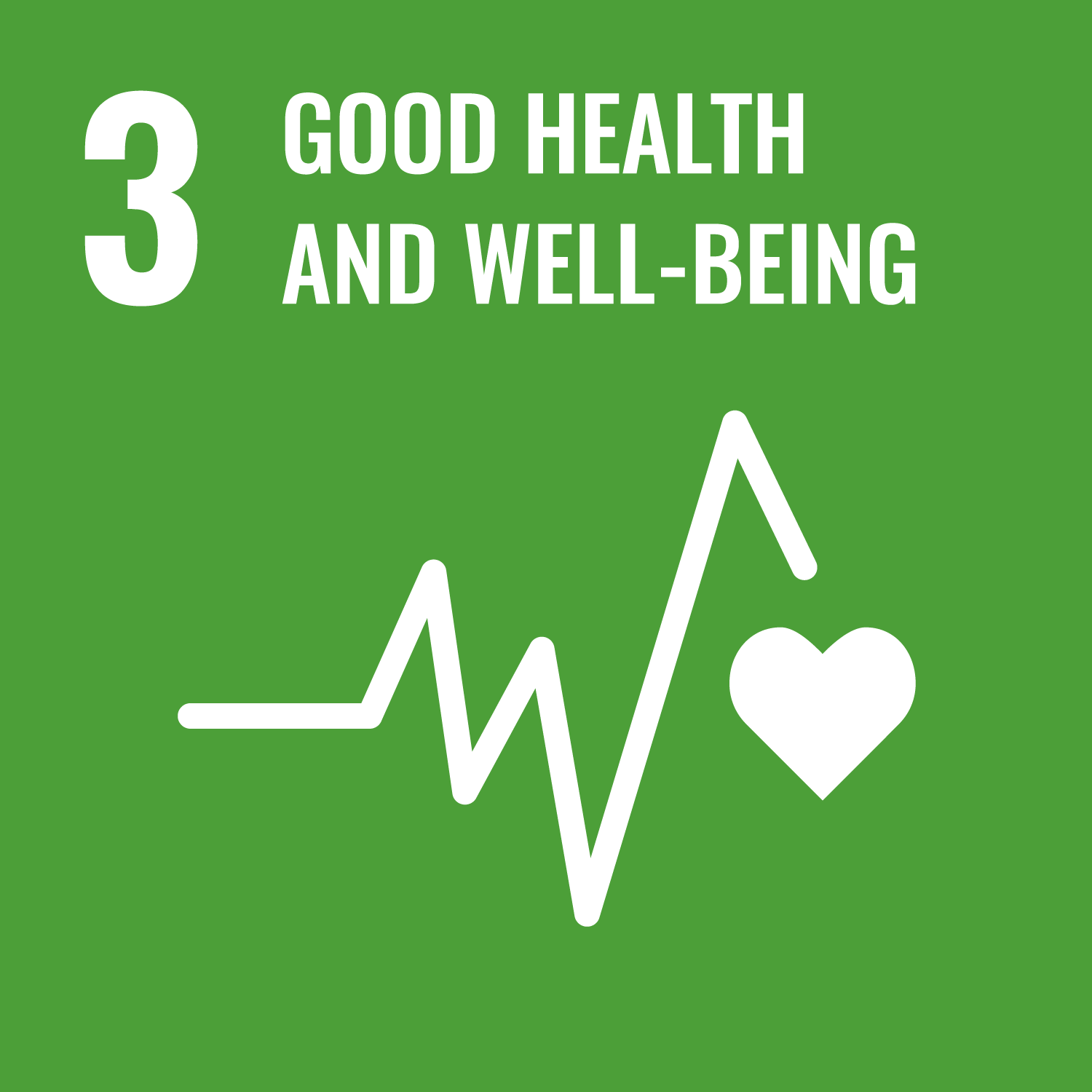Connecticut Family Stability Pay for Success Project
Aligned SDGs

- Connecticut Family Stability Pay for Success Project
- General overview
- Location
- Involved organisations
- Outcome metrics
- Other resources
- Spreadsheet of data
- Connecticut Family Stability Pay for Success Project
- General overview
- Location
- Involved organisations
- Outcome metrics
- Other resources
- Spreadsheet of data
General overview
Stage of development: Implementation
Policy sector: Child and family welfare
Start date of service provision: Jan 2016
Capital raised (minimum): USD 11.20m
Service users: 500 individuals
Intervention
The intervention seeks to expand Family-Based Recovery (i.e. FBR) in order to promote family stability and reduce parental substance use for families involved with the Connecticut Department of Children and Families. Once a family enrols with FBR, they receive services focused on understanding and responding to the child's developmental needs and treating substance use for an average of six months. The program aims to eliminate substance use among fathers and mothers who are actively parenting a child younger than 72 months, prevent the risk of child neglect and disruption of primary relationships, and promote healthy child development.
Target population
Parents who are actively parenting a child younger than 72 months with a demonstrated the need for substance use treatment by producing a positive toxicology test prior to 45 days of program intake.
Location
Country
- United States
Service delivery locations
- Connecticut, USA
Involved organisations
Outcome metrics
- Reduction in out-of-home placements. Reduction in number of out-of-home placements relative to control group.
- Reduction in re-referrals to DCF. Reduction in number of re-referrasl to DCF relative to control group.
- Reduction in substance use. Reduction in substance abuse relative to control group.
- Succesful FBR enrollment.
Other resources
Spreadsheet of data
Important Notice and Disclaimer on INDIGO Data
INDIGO data are shared for research and policy analysis purposes. INDIGO data can be used to support a range of insights, for example, to understand the social outcomes that projects aim to improve, the network of organisations across projects, trends, scales, timelines and summary information. The collaborative system by which we collect, process, and share data is designed to advance data-sharing norms, harmonise data definitions and improve data use. These data are NOT shared for auditing, investment, or legal purposes. Please independently verify any data that you might use in decision making. We provide no guarantees or assurances as to the quality of these data. Data may be inaccurate, incomplete, inconsistent, and/or not current for various reasons: INDIGO is a collaborative and iterative initiative that mostly relies on projects all over the world volunteering to share their data. We have a system for processing information and try to attribute data to named sources, but we do not audit, cross-check, or verify all information provided to us. It takes time and resources to share data, which may not have been included in a project’s budget. Many of the projects are ongoing and timely updates may not be available. Different people may have different interpretations of data items and definitions. Even when data are high quality, interpretation or generalisation to different contexts may not be possible and/or requires additional information and/or expertise. Help us improve our data quality: email us at indigo@bsg.ox.ac.uk if you have data on new projects, changes or performance updates on current projects, clarifications or corrections on our data, and/or confidentiality or sensitivity notices. Please also give input via the INDIGO Data Definitions Improvement Tool and INDIGO Feedback Questionnaire.